Floodlighting—you might have heard this term making the rounds online. It’s often lumped in with oversharing or trauma-dumping, but there’s more to it than just sharing too much. At its core, floodlighting is about exposing deep personal details not out of true vulnerability, but as a defense mechanism.
In a world where emotional openness is encouraged, it’s easy to confuse connection with confession. But sometimes, revealing too much, too fast, can actually push people away rather than bring them closer. It can feel overwhelming—like flipping on a bright spotlight when the other person was only expecting a soft glow.
The tricky part? Floodlighting isn’t always intentional. It can come from a place of longing, loneliness, or even fear. But understanding the difference between healthy vulnerability and emotional overspill is key to forming real, meaningful connections. Here are some signs you might be floodlighting.
Signs You Might Be Floodlighting
1. You Share Deeply Personal Stories Too Soon
Opening up about past trauma, family struggles, or deep insecurities is normal in a relationship—but not on the first or second date. If you find yourself sharing intimate details too early, you may be using floodlighting as a way to speed up emotional closeness.
Read More: When Love Feels Like A Repeat: 6 Warning Signs You Are Groundhogging in Relationships
2. You Expect Instant Emotional Intimacy
Healthy relationships take time to build. If you feel disappointed or hurt when someone doesn’t immediately reciprocate your level of emotional openness, it could be a sign you’re using oversharing as a shortcut to connection. True intimacy happens gradually, not in a single conversation.
3. You Feel Drained or Disconnected After Sharing
Ironically, floodlighting can leave you feeling worse, not better. Instead of feeling seen and understood, you might feel exposed, awkward, or regretful. This is a key sign that you’re not truly engaging in mutual vulnerability but rather unloading emotions without real connection.
4. You Use Oversharing as a Test
If you share something deeply personal just to see how the other person reacts—rather than because you genuinely feel safe—it’s likely floodlighting. This can create a pressure-filled dynamic where the other person feels obligated to comfort you rather than connect with you naturally.
5. You Notice People Pulling Away
One of the biggest indicators of floodlighting is the reaction from others. If people seem distant after your conversations, avoid deep discussions with you, or struggle to respond, they may be feeling overwhelmed by the intensity of your emotional sharing.
Read More: Oystering Dating: 3 Game-Changing Insights That Could Transform Your Love Life Post Breakup
How to Stop Floodlighting and Build Healthy Connections
- Pace Yourself – Emotional intimacy isn’t a race. Take your time getting to know someone before diving into deeply personal topics. Let trust develop naturally.
- Check Your Intentions – Before sharing, ask yourself: Am I being vulnerable, or am I trying to force a bond? True connection happens when both people feel safe, not when one person spills everything at once.
- Create Space for the Other Person – A balanced relationship involves mutual sharing. Instead of dominating the conversation with personal struggles, allow the other person to open up at their own pace.
- Learn the Difference Between Authentic Vulnerability and Emotional Oversharing – Vulnerability strengthens relationships when it’s rooted in trust. Floodlighting, on the other hand, often stems from fear—fear of rejection, fear of abandonment, or fear of not being understood. Recognizing this can help you shift your approach to emotional connection.
- Practice Emotional Regulation – If you feel the urge to floodlight, take a step back. Ask yourself if what you’re about to share is appropriate for the level of connection you have with the other person. If not, save those deeper conversations for trusted friends, a therapist, or a time when the relationship has naturally deepened.
Final Thoughts
Floodlighting might feel like an attempt at closeness, but real connection is built on balance, patience, and mutual understanding. In the world of new dating trends, it’s easy to mistake oversharing for emotional depth. However, true intimacy isn’t about revealing everything at once—it’s about creating a space where both people feel safe enough to share over time.
So, the next time you’re on a date or getting to know someone new, remember: relationships aren’t built in a day. Give them—and yourself—the time and space to grow naturally.



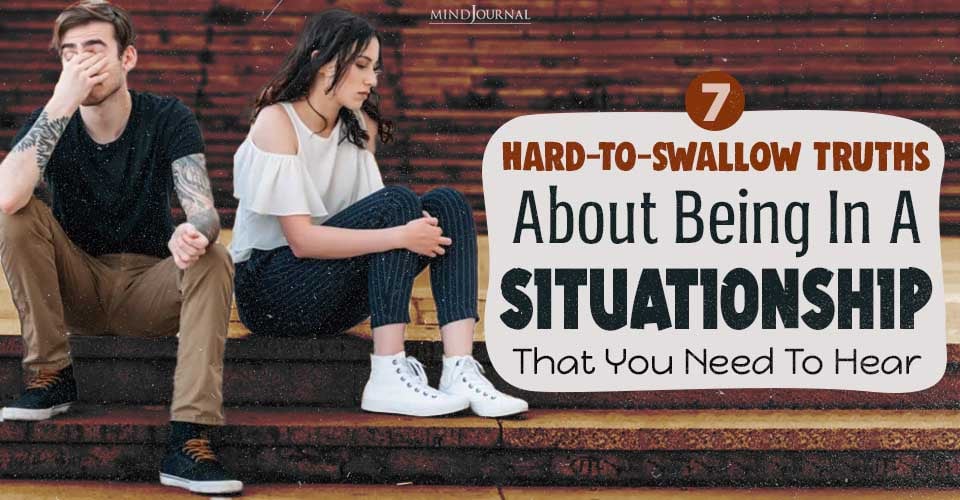
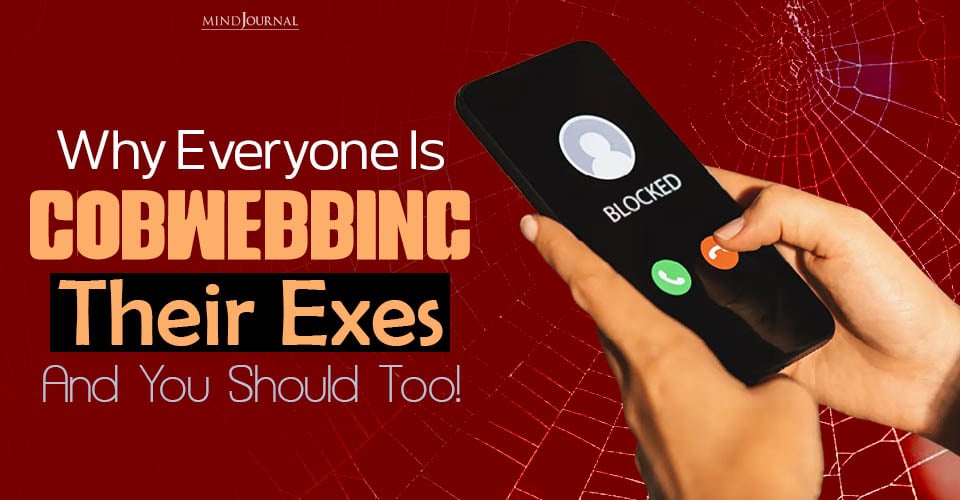
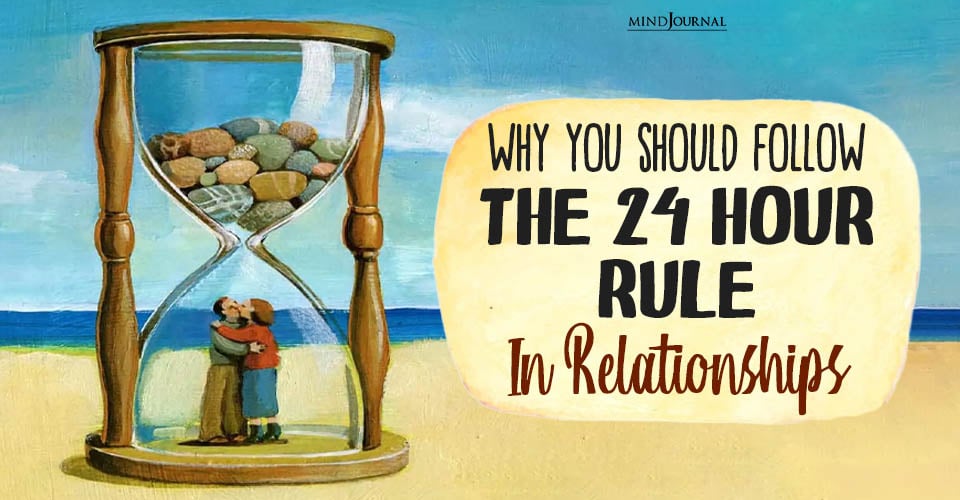
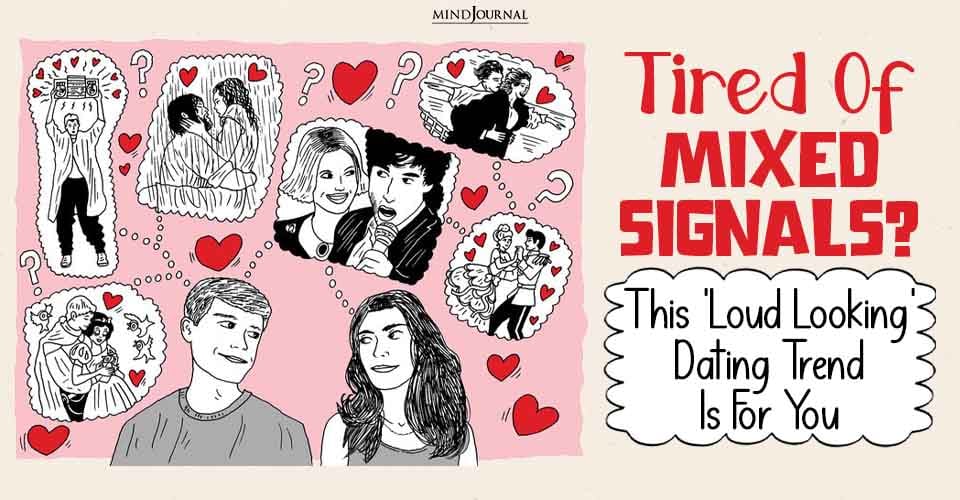
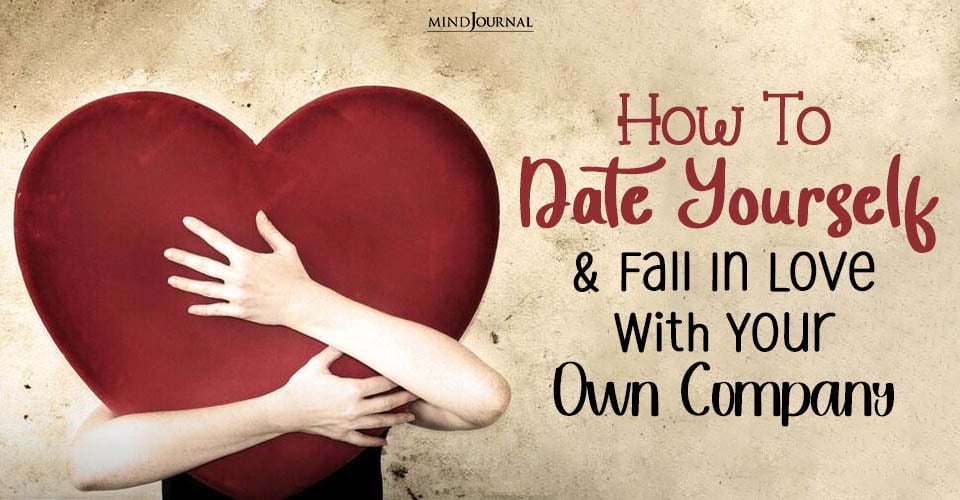

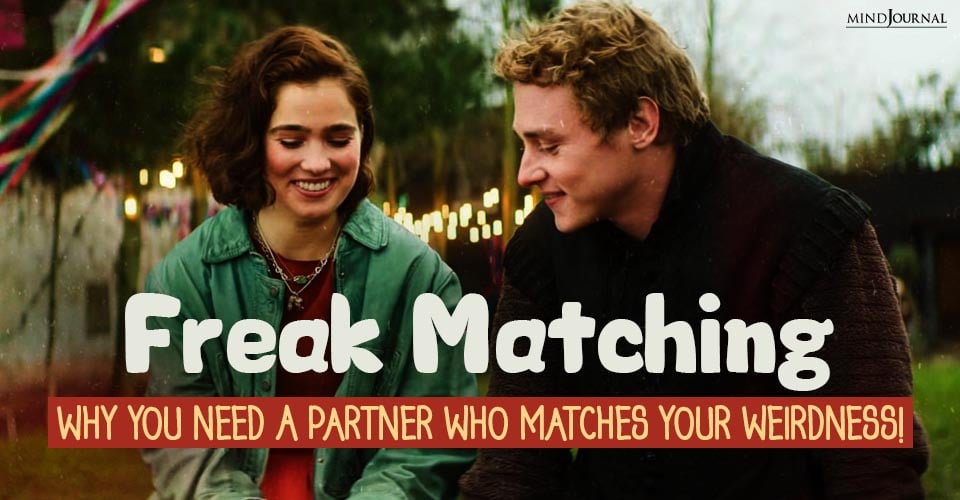
Leave a Reply